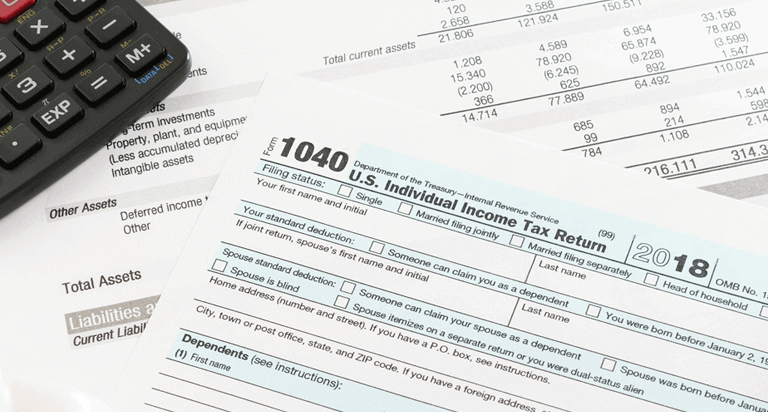Tax-Related ID Theft: A Primer


Highlights:
- Tax-related identity theft happens when someone steals your Social Security number and uses it to file a tax return and claim a fraudulent refund
- If you become a victim of tax-related ID theft, here are some things you can do
- There are also steps you can take to help protect against tax ID theft
When tax time rolls around, you’re sharing sensitive information with the Internal Revenue Service (IRS) and perhaps your tax preparer. That’s why it’s important to be extra vigilant when it comes to your taxes – to help better protect your information, your identity and any tax refund you may be entitled to.
What is tax-related identity theft?
Tax-related identity theft happens when someone steals your Social Security number and uses it to file a tax return and claim a fraudulent refund.
Victims of tax-related identity theft may not know it’s occurred until they file their taxes and discover a return has already been filed using their Social Security number. The IRS may also send a letter if it identifies a suspicious tax return using your Social Security number.
Warning signs of tax-related identity theft include:
- More than one tax return is filed using your Social Security number
- You are notified you owe additional taxes, had your tax refund reduced to pay debts (known as a tax refund offset), or have collection action taken against you for a year you did not file a tax return
- IRS records show you received payment from an employer you didn’t work for
Steps to take if you become a victim of tax-related ID theft
- If you suspect you are a victim of identity theft, continue to pay your taxes and file tax returns – even if you must do so on paper and not online.
- Respond immediately to any IRS letter; call the number provided.
- If your electronically-filed tax return is rejected because of a duplicate filing using your Social Security number, or if you are instructed to do so, complete an IRS Identity Theft Affidavit. There are two ways to do this: you can print the form and mail it to the IRS, or you can submit the form online at www.identitytheft.gov. The IRS will mail you a letter within 30 days confirming it has received the affidavit.
- Report the identity theft to the Federal Trade Commission at www.identitytheft.gov and get help making a recovery plan.
- Contact the IRS Identity Protection Specialized Unit at (800) 908-4490.
How to help better protect yourself
The IRS, along with state tax agencies and the tax industry, formed the Security Summit in 2015 to help combat tax-related identity theft. Since then, the instance of tax-related identity theft is decreasing, but the risk remains. The IRS encourages taxpayers to be aware of identity theft tactics all year long, not just during tax season.
The vast majority of U.S. taxpayers file their returns electronically each year . The IRS recommends these steps to help better protect yourself from tax-related or other identity theft tactics:
- Always use security software, including firewall and antivirus protection, and use strong passwords.
- Educate yourself on recognizing or avoiding phishing emails, threatening calls or text messages from thieves posing as organizations such as your bank, credit card companies and the IRS. Please note the IRS will not initiate contact with you via email, text message or social media message. If you receive an email that claims to be from the IRS, forward it to phishing@irs.gov. If you are in doubt, do not respond – contact the company directly to verify whether the message is legitimate.
- Don’t click links or download attachments from unknown or suspicious emails.
- Don’t routinely carry your Social Security card, and ensure your tax records are secured.

Sign up for a credit monitoring & ID theft protection product today!
For $19.95 per month, you can know where you stand with access to your 3-bureau credit report. Sign up for Equifax CompleteTM Premier today!



